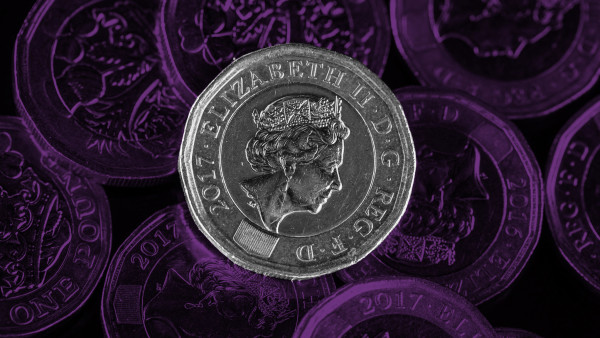

A study from Warwick University and the London School of Economics, published today (December 9), found that a one-off tax payable on all individual assets above £500,000 and charged at 1 per cent for five years would raise £260bn for the exchequer.
According to the report, such a tax would be economically efficient, raise more tax from those who have more wealth and would be “very difficult” to avoid.
The tax would be paid by individuals whose total wealth, after mortgages and other debts and after splitting the value of shared assets, exceeded the tax threshold and only on the value of wealth above that line.
To raise a similar amount through other taxes over five years, the chancellor would have to increase the basic rate of income tax by 9p, all income tax rates by 6p or see all VAT rates rise by 6p.
The report found there was clear backing from the public for wealth to be taxed more relative to labour.
When asked their preference for particular taxes if an increase were to take place, some 41 per cent preferred the introduction of a wealth tax over an increase in income tax, council tax, capital gains or VAT.
The report said: “This in itself is not a reason for a wealth tax...however we think it is essential to understand the objectives people have in mind when they support a particular tax.”
In the paper's forward, former permanent secretary to the Treasury Lord Gus O’Donnell said: "[The researchers] conclude that an annual wealth tax is a non-starter in the UK and we should fix our existing taxes on wealth instead.
"However, a one-off wealth tax is a very different proposition. They think it would work and could raise one-quarter of a trillion pounds over five years. This is a striking conclusion and it comes at a crucial juncture."
Last month the Office for Budget Responsibility predicted the economy would shrink by 11.3 per cent this year, marking the largest fall in output for more than 300 years.
The economic damage is likely to be lasting, according to chancellor Rishi Sunak, who said the economy would be 3 per cent smaller in 2025 than previously expected.
It is expected the government will borrow £394bn this year, or the equivalent of 19 per cent of GDP — the highest level of borrowing in the UK’s peacetime history.
Although the chancellor has not been drawn on future fiscal policy, he has previously pledged to “balance the books” post-Covid.
Neil Jones, tax and estate planning specialist at Canada Life, said: “As welcome as a debate on the pros and cons of introducing a one-off wealth tax may be, many countries across the world have tried and failed to implement similar moves.
"It’s thought of as regressive rather than progressive by the electorate, and ultimately as any change would be a question for the political elite, is likely to be as popular as turkeys voting for Christmas.
“Rather than focus on tax raising measures, we should be looking at growing our way out of the hangover from the pandemic, through job creation and security, not a one-off tax on wealth.”
imogen.tew@ft.com
What do you think about the issues raised by this story? Email us on fa.letters@ft.com to let us know



